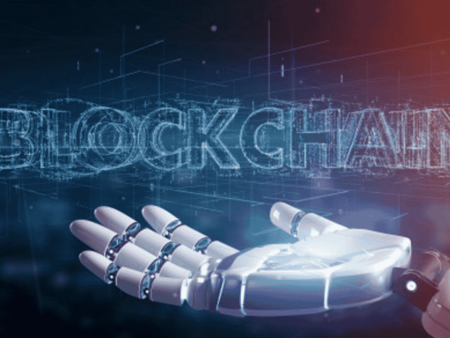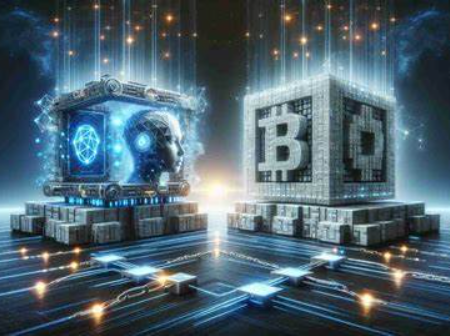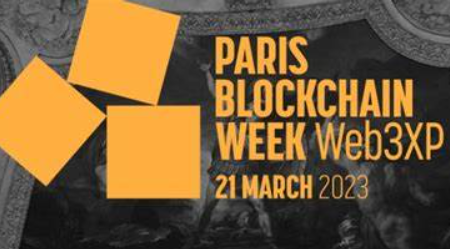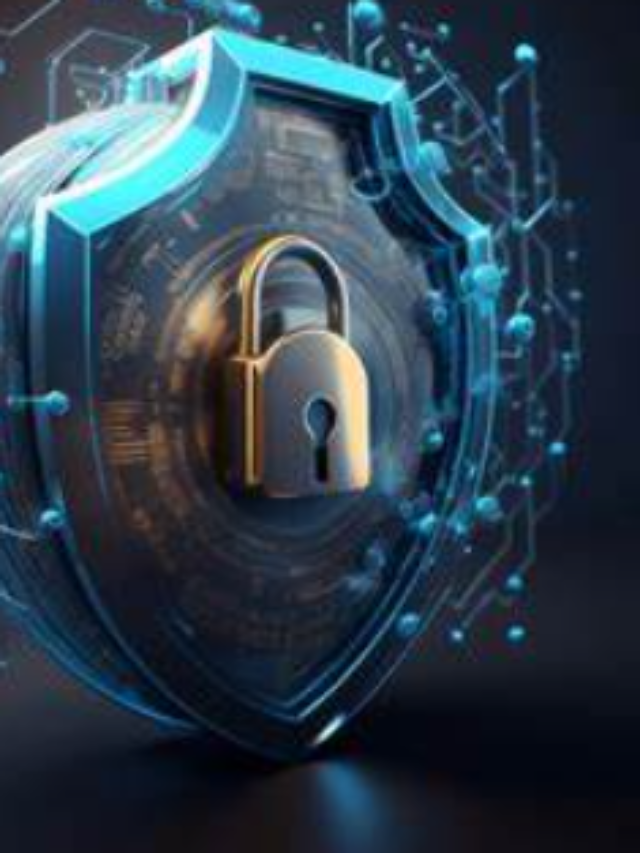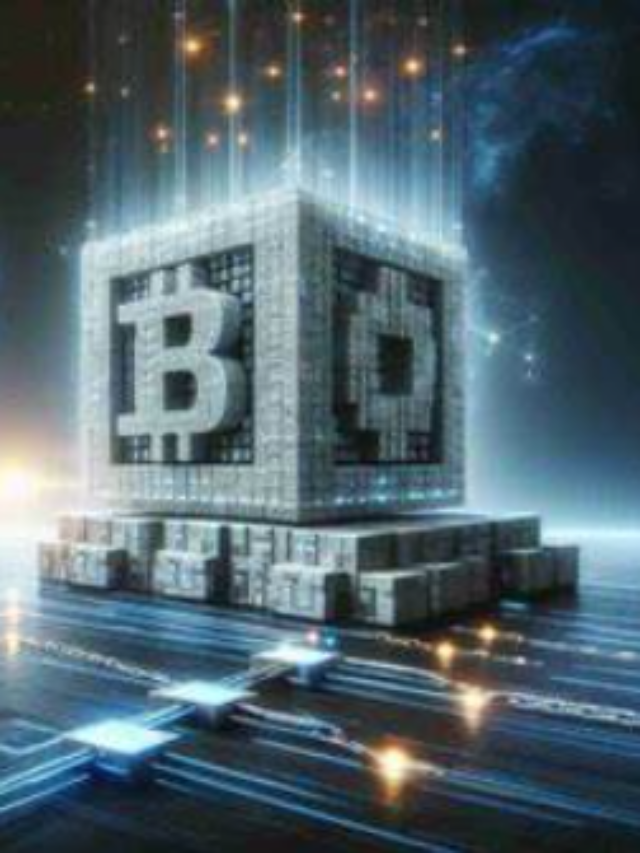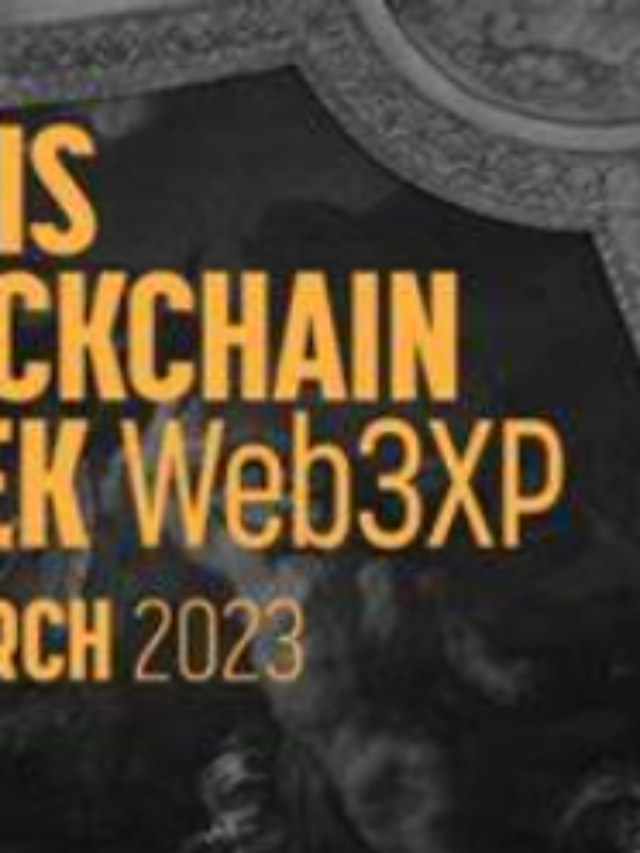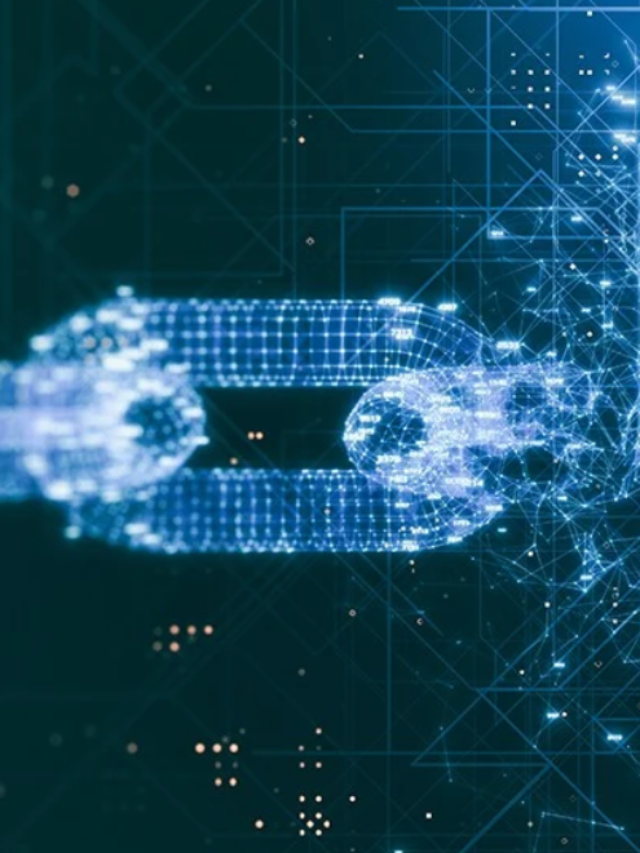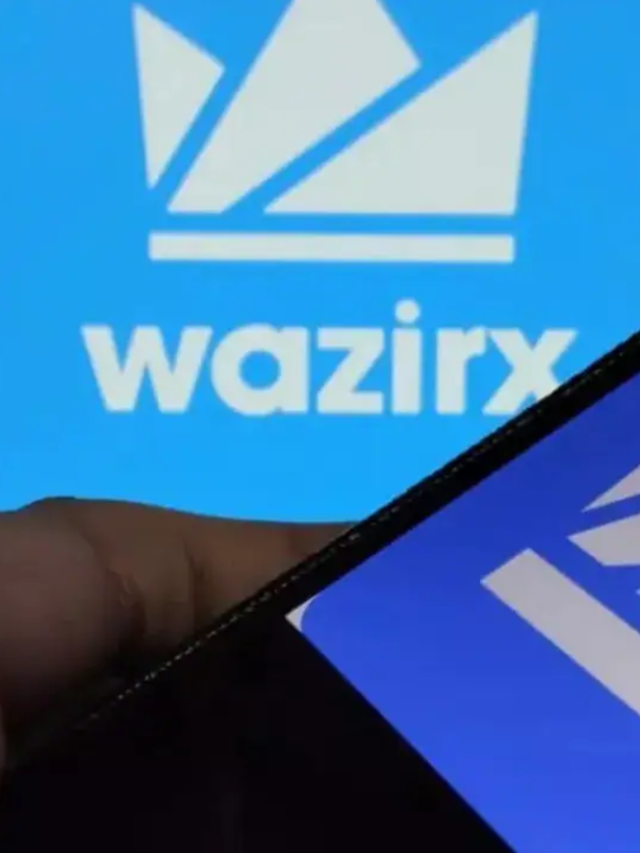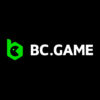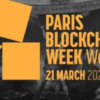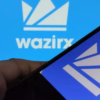Decentralized Social Media
What is Blockchain Technology?
Blockchain technology simply refers to a decentralized system storing information in a transparent but secure way. It is called “blockchain” since it uses a chain of blocks to record data. Every block holds a list of transactions that are then linked, hence creating a chain. The integrity and trustworthiness of the data are ensured since, once added, a block cannot be changed.
How Does Blockchain Enhance Social Media?
Smarter Media Platforms
In a new world where blockchain technology is involved, social media is fundamentally made to be decentralized. Unlike traditional social media platforms, where a single business runs and stores all user data on its servers as the boss of everything, blockchain-based platforms put this data on many different computers. Nobody therefore has total control over the greater whole—this reduces the chance for misuse.
Better Privacy and Protection
On traditional social media platforms, because all the data a user generates is kept in centralized servers, they form an ideal target for hackers. If hackers somehow break into these servers and copy or modify a large amount of user data in them, then the amount stolen or illegally altered could be huge. But on a blockchain-based social media platform, data is lodged in the block chain, which means no hacker can tamper with or steal information because each user has their own copy of it. As a result, you cannot steal or change my national secrets! It is so quiet to be peaceful and humble without needing to worry about such issues as intruders, doing nothing but enjoyable activities at my place on the World Wide Web.
Consensus Mechanism
Another feature of blockchain is the mechanism for reaching consensus. Data can only be altered with approval from the majority of people on the network. This adds another level of security, making sure that no individual acting alone can make unauthorized changes. Although a hacker tries to change the data, it will be rejected unless supported by the majority. Given the number of computers in the network, this is almost impossible.
Data Control
Finally, blockchain technology gives people greater control over their information. Since everyone can take care of their own stuff themselves, the data is no longer floating in the ether—this will enhance privacy. And with users deciding how their information is used or passed around, it greatly reduces the possibility of data exploitation. This makes blockchain an influential means to construct more protected, private social media platforms today.
Decentralized Social Media Benefits
So, this is how decentralized social media platforms have been reshaping the whole idea of how we connect via the internet. The platforms are formed on blockchain technology or peer-to-peer networks, which further means the operation of the platform without any single controlling entity. This structure brings a lot of key benefits to users.
- Better Privacy and Control: Improved privacy is perhaps the most important of the advantages. On decentralized platforms, users are in complete control of their data. Decentralized platforms allow users to own their data, unlike in conventional social media, where even the central authorities can access it and may further monetize it. This, therefore, reduces the risk of data breaches and other unauthorized data sharing.
- Freedom of Speech: Decentralized platforms encourage freedom of speech by reducing the levels of censorship. On these networks, there is no governing body to decide what users can and cannot publish. With such openness comes a wider variety of opinions and ideas, allowing freedom of expression unhampered by threats of being silenced or banned.
- Resistance to Censorship and Manipulation: These platforms are censorship-resistant because no central authority is in a position to either control or otherwise manipulate the content. In a word, this makes it hard for governments or corporations to repress information or push an agenda; it means an online space that is democratic, open, and transparent.
- More Equitable Monetizing for Creators: Decentralized social media allows for a platform where monetizing content is more equitable for creators. With no intermediaries siphoning away large shares, content creators can receive more directly from their audience. This model fosters a more equitable distribution of revenue, allowing creators to be more autonomous.
Conclusion
Blockchain technology in decentralized social media offers greater privacy, freedom of speech, and fairness. It empowers users to control their data and content, fostering a more open and democratic online environment. This shift represents a promising future for how we connect and share information.


